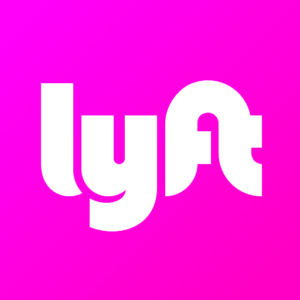By Recker McDowell —
The Phoenix City Council approved plans to impose higher rideshare fees on Uber and Lyft rides to and from Phoenix Sky Harbor International Airport.
Lyft and Uber have promised to stop service at the Phoenix airport this month over the higher fees. Arizona Attorney General Mark Brnovich is looking at the higher fees and whether Phoenix’s move runs against a voter approved law restricting cities from raising fees and taxes on business services. 
The fight over Phoenix’s higher fees on Lyft and Uber rides to and from the airport won’t be the last battle over taxing and regulating new business models.
Cities and towns including Scottsdale, Paradise Valley and Tempe are also bringing new rules in Airbnb and other short-term rentals.
Phoenix and Chandler have new programs including operating and other fees for electronic scooters.
New business models and ideas shake up the marketplace, challenge legacy businesses and offer new choices for consumers. They can also sometimes necessitate new regulations and rules.
In the case of rideshare fees, the city of Phoenix is looking at the prevalence of Uber and Lyft reducing parking revenue at Sky Harbor. That revenue helps fund operations at the city owned airport.
Where consumers see new business models, governments see impacts on tax revenue including the chance for new taxes.
This is where it gets complicated. In 2018, Arizona voters approved Proposition 126 restricting new state and local taxes on business services. Brnovich’s examination of Phoenix’s higher fees on Lyft and Uber is the first test of Prop. 126.
The challenge for cities and other governments will be how much do they tax and regulate new business models (including in the sharing economy). The potential problem is whether new rules, regulations and taxes end up sending the wrong message about Phoenix and Arizona when it comes to economic development and innovation.
Phoenix, Tempe, Scottsdale and other cities have worked hard to convey a very pro-business, pro-innovation economic development message.
New rules and taxes on the likes of Uber and Lyft run the risk of sending a pessimistic message about the region. That argument is being forward by Phoenix City Councilman Sal DiCiccio, the Goldwater Institute and other critics of the higher airport fees.
New business models need to realize they will face new regulations, fees and taxes as governments adjust policies and revenue streams.
But governments also should realize they can’t go overboard with taxes and regulations or they run risk of making pro-business Arizona look anti-innovation.

